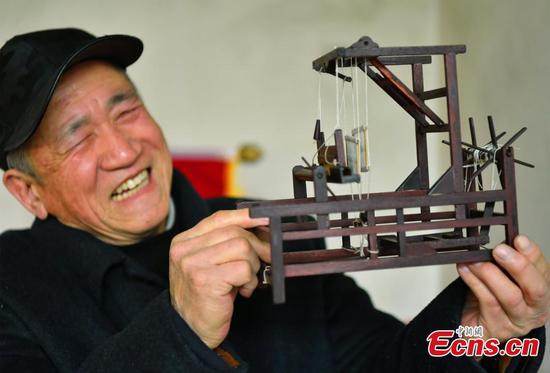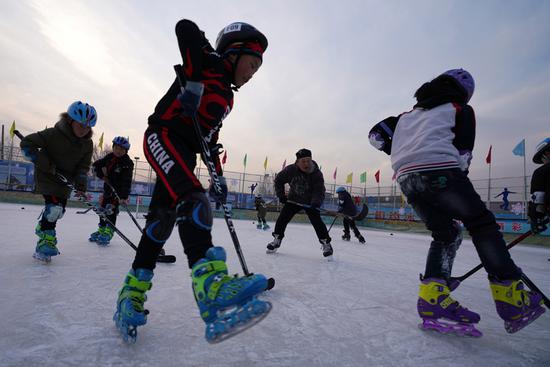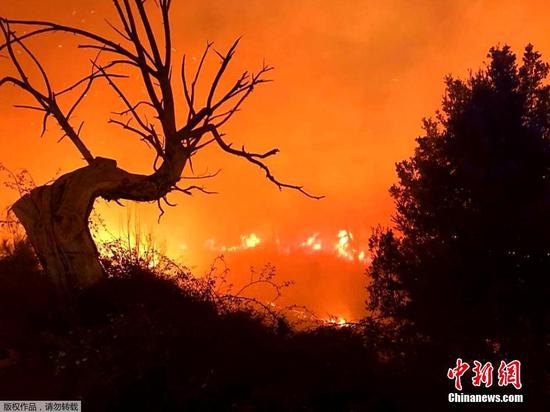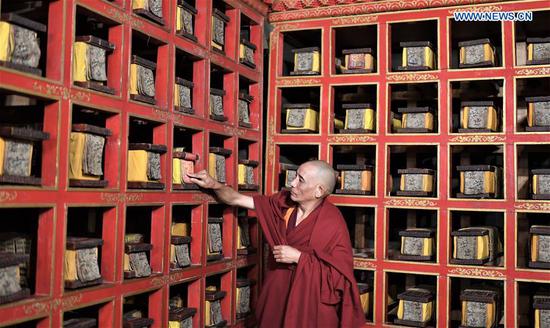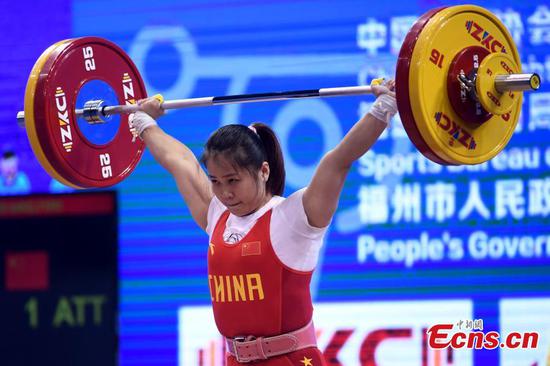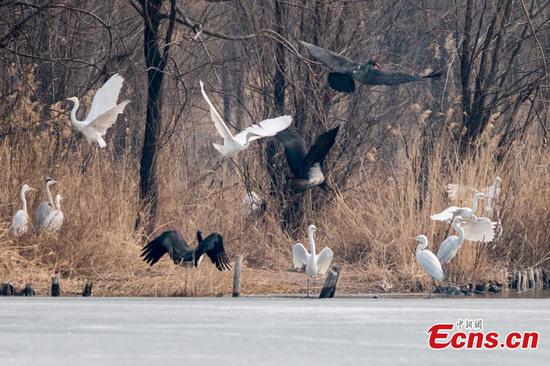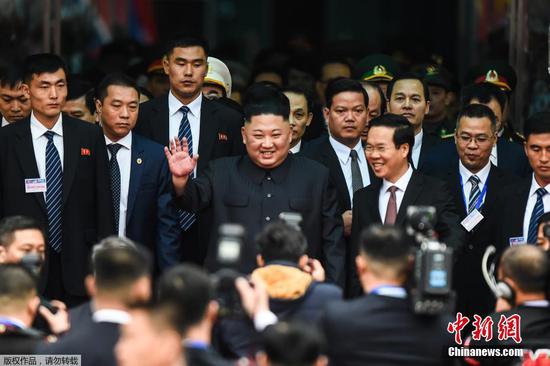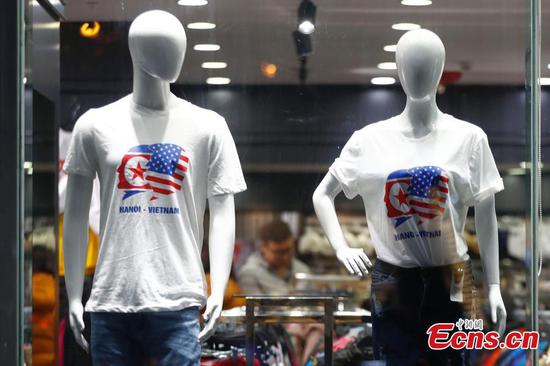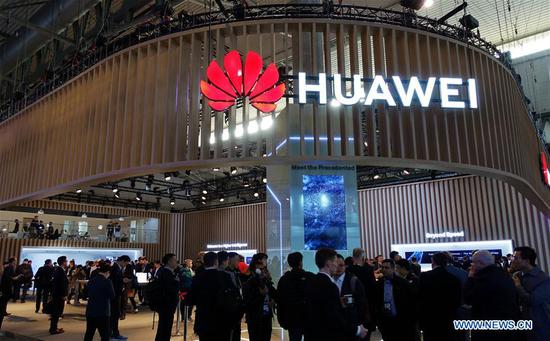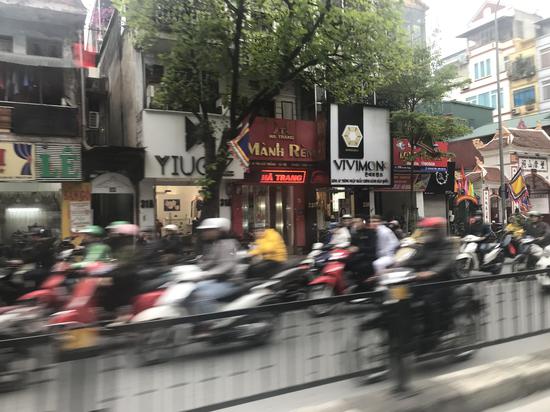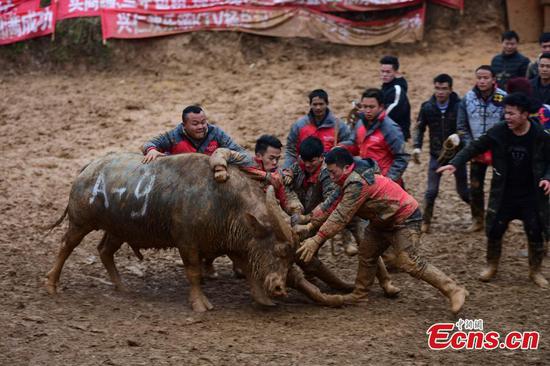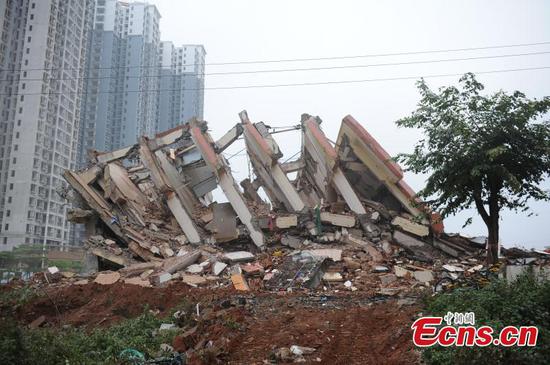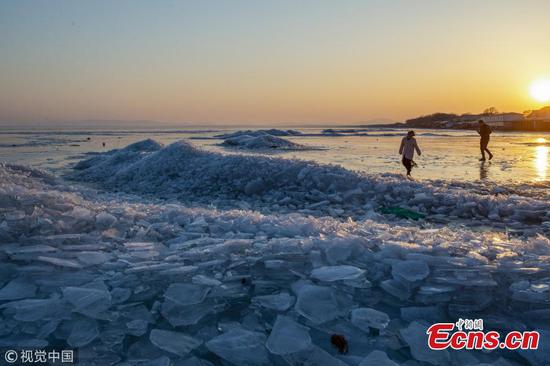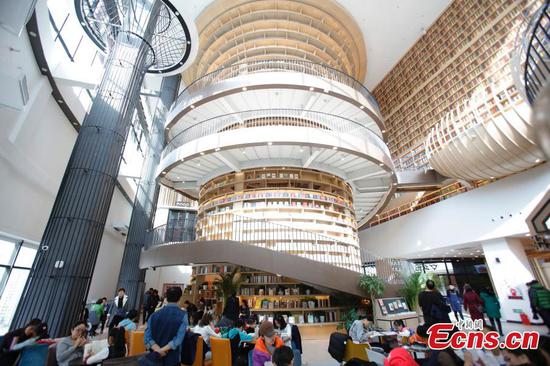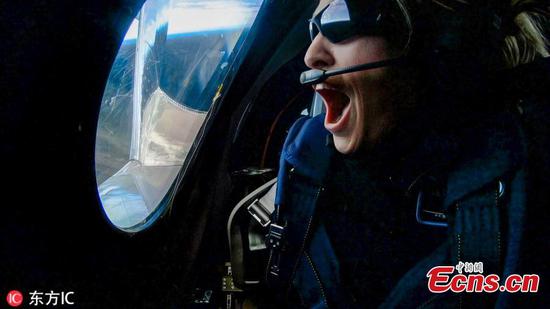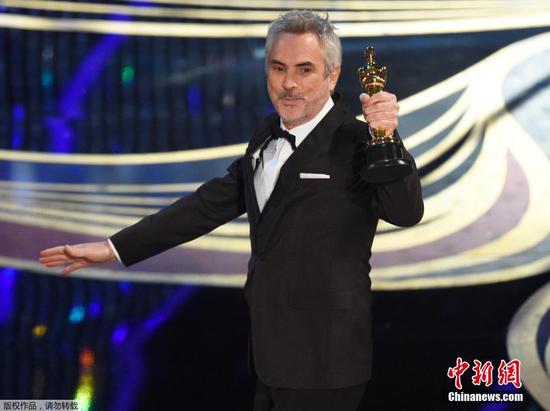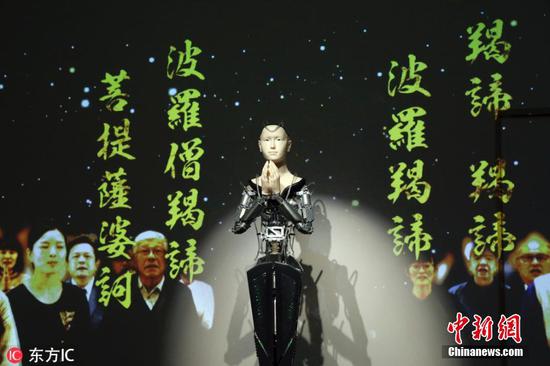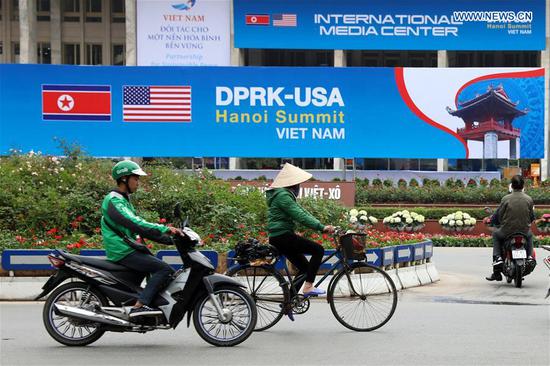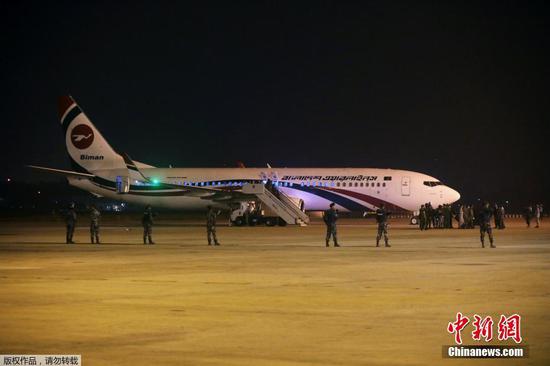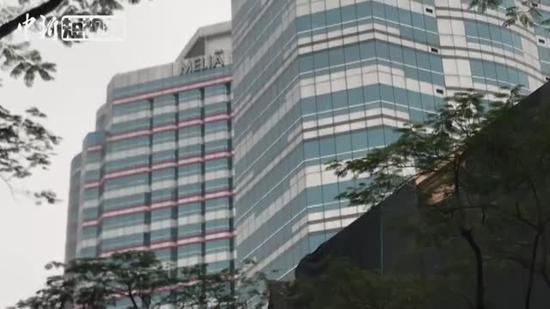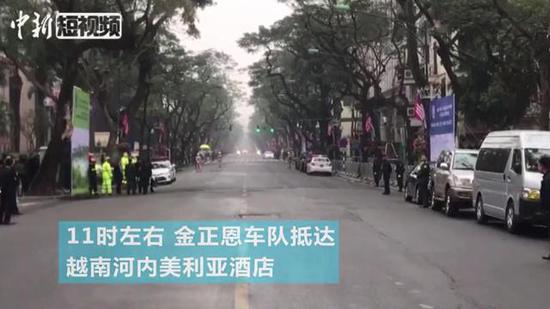As U.S. President Donald Trump on Monday left for Hanoi for his second meeting with Kim Jong Un, the top leader of the Democratic People's Republic of Korea (DPRK), U.S. experts said substantial results may come out of the meeting.
Noting that the Trump administration deserves credit for pursuing diplomacy with the DPRK, the experts said that the high-profile meeting between Trump and Kim is likely to move beyond vague promises and create substantial progress towards the denuclearization of the Korean Peninsula.
Toby Dalton, co-director of the Nuclear Policy Program at the Carnegie Endowment for International Peace, said in an article published on the think tank's website that the previous U.S. coercive measures are insufficient to promote the denuclearization process, and Trump therefore should be lauded for taking risks to meet with Kim and test Pyongyang's willingness in this regard.
"Conversation is, of course, far better than conflict," Mark Fitzpatrick, an associate fellow at the International Institute for Strategic Studies-Americas, said in an article published on the think tank's website.
He added that the forthcoming Hanoi summit is "undoubtedly a good thing."
"Also to the good is the fact that serious working-level talks preceded the summit," he noted, explaining that Stephen Biegun, U.S. special representative for DPRK affairs, has been pushing for concrete deliverables that may go well beyond the vague commitments of the Singapore summit.
As U.S. officials were actively holding negotiations with their DPRK counterparts at the working level and seeking "to move in big bites," Trump's recent remarks boasting of his achievements and lowering expectations of the meeting have raised concerns among U.S. experts.
Trump said last week that he was "in no particular rush" given that the sanctions against the DPRK remain in effect and Pyongyang has refrained from nuclear or missile testing.
However, Georgetown University Professor Victor Cha said recently that there was a clear pattern for Pyongyang to suspend tests when Washington was sitting at the table with it, regardless of who was the U.S. president.
Rebecca Hersman, a nuclear-related expert at the Center for Strategic and International Studies, also pointed out in a recent seminar in Washington D.C. that "nuclear and missile testing has gone through periods of intense numbers of tests and then far less intense."
Although some U.S. analysts and intelligence reports argue that the suspension of testing has not halted Pyongyang's nuclear and missile weapons production, more U.S. experts noted that if things go well, the Hanoi summit could initiate Pyongyang's elimination of its existing nuke facilities and capabilities.
Kim Duyeon, an adjunct senior fellow at the Center for a New American Security, wrote in an article on the think tank's website that the priority for Trump and Kim in their Hanoi meeting is to reach agreement on what "denuclearization" and "peace" mean.
Scott Snyder, director of the program on U.S.-Korea policy at the Council on Foreign Relations, suggested in a seminar that pursuing a "parallel and simultaneous" approach was one of the most important messages that Biegun had conveyed in his speech at Stanford University last month.
"I think that what he's trying to do is to push forward a process that links the peace and denuclearization processes together ... I have confidence that we have a team that can work through that and move forward with the North Koreans," said Snyder.
Duyeon predicted that the Hanoi meeting could likely result in a preliminary deal which includes initial measures on the part of the DPRK to deal with its Yongbyon nuclear complex, fissile material production, and other nuclear or missile facilities, in exchange for corresponding U.S. measures like improving bilateral relations and creating conditions for ultimate peace on the peninsula.
Patrick Cronin, an Asia-Pacific security expert at the Hudson Institute, said in an article on the National Interest website that other incentives Washington could provide include supporting the inter-Korean economic projects and establishing an escrow fund with access pegged to a future crucial point in the denuclearization process.











